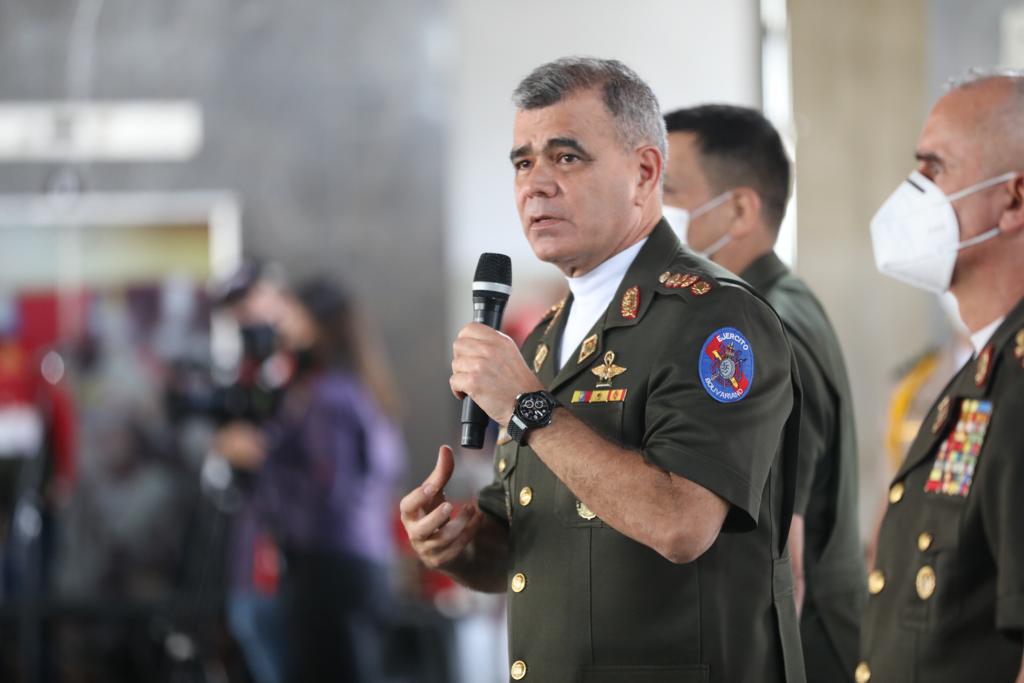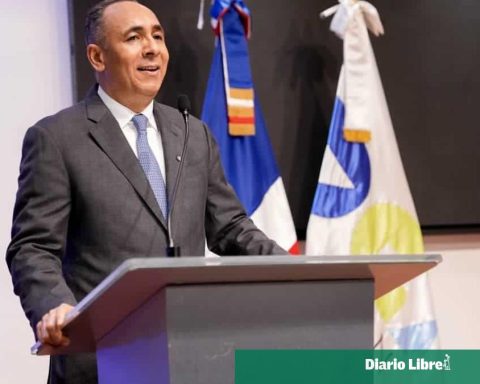Brisa De Angulo Losada eagerly awaits the ruling of the Inter-American Court of Human Rights (IACHR), which is expected to be issued in the coming days, to achieve justice that she has been seeking for 20 years after denouncing in her adolescence that she was raped by a cousin when she lived in Boliviawhich led her to travel a path where she was violated by the judicial system, for which she decided to be a lawyer and she herself is part of the team that made the presentation in the regional instance.
“I look forward to the ruling of the Inter-American Court of Human Rights to see what international standards they will set”tells Télam the professional who is now 36 years old.
She is a US-Colombian citizen, and in her teens she lived with her family in the city of Cochabamba, Bolivia.
In March of this year, she gave her testimony before the IACHR, where she recounted that between September 2001 and May 2002, when she was 16 years old, she was sexually assaulted and raped on repeated occasions by her first cousin, 10 years her senior.
Her mother and father noticed that their daughter was depressed and decided to take a trip outside of Bolivia, and at that family meeting she was able to tell them about the sexual violence that man used on her.
“My parents did what judges and prosecutors did not do”, highlights Losada. She says this because many lawyers refused to accompany the family in the complaint that went through dozens of courts. The accused attacker went to live in Colombia, and to this day, she shares that she receives threats. That is why she does not reveal where she is currently residing.

In the process, the woman suffered physical and psychological disorders, was violated by prosecutors and during medical examinations. All the details are in the presentation before the IACHR and in the testimony he gave before the agency.
The international organization for the protection and promotion of the human rights of women and girls Equality Now accompanies Losada, who gradually rebuilt herself, helping other girls and adolescents victims of sexual violence through the Brisa de Esperanza Foundation, and who studied law and, thus, is part of the team that managed to get the case before the Inter-American Court .
“Brisa became a lawyer to expose the culture of impunity in Bolivia, to create a change in the system and to carry out her own case,” the NGO highlights in a report that it shares with the press.
In the case Brisa De Angulo Losada v. Bolivia alleges the responsibility of the State for the violation of its duty to guarantee, without discrimination based on gender and age, the right of access to justice in the face of sexual violence.
Very few cases are heard by the IACHR each year (between 2011 and 2021 there was only an average of 22 per year), and reaching the Court is considered a measure of last resort.Since this court is the highest instance in the region, it has jurisdiction in 25 countries and its decisions are binding.
“For 20 years I have been fighting to make visible the horrible reality that the same human rights that were violated 20 years ago continue to be violated in front of the brave girls and boys who break the silence of having suffered sexual violence,” shares Losada.
“I have continued this fight despite the defamations, threats against my life and my family, and the emotional exhaustion, with the dream that the ruling of this Court will help no child or adolescent go through what I went through”requests.
It is that this case is expected to have an impact, not only in Bolivia, but also in other countries in the region.
“Brisa’s is one of the paradigmatic cases of sexual assault against girls and the re-victimization by the states and also shows the critical route of the victims demanding justice until they reach the IACHR, which is the one who finally listens to their voice,” the psychologist points out to Télam Sonia Almada, head of the NGO Aralma, which works on sexual abuse, and which, along with other organizations, is a member of the Right to Time movement.
This movement presented a bill in the Argentine Congress last July to achieve the imprescriptibility of the crimes of child sexual abuse, the change of denomination of the crime for sexual violence against girls, boys and adolescents, and the creation of a commission of the truth and repair
Aralma is part of an alliance of NGOs that promoted and accompanies the Brisa case.
“We hope to achieve through the IACHR ruling significant and sustainable change in Bolivia’s laws and criminal justice system. We hope that the Court will order Bolivia to develop a national action plan to address sexual violence against children and adolescents as crime prevention and for the survivors care, the guarantee of recovery, justice and non-revictimization”, analyzes Almada.
And he highlights: “The same thing that we demand of Argentina. We know that each step in making this problem visible and in legislative and social changes in each country will affect the entire region and our country.”
“Brisa has persevered because her case is more than that of a single person, it is the reality of hundreds of thousands of children and adolescents who suffer sexual violence not only in Bolivia, but in the Americas and throughout the world,” she stresses. Equality Now.
The maximum objective of this presentation “is not to punish Bolivia, nor monetary reparations,” explains Brisa, who hopes that the IACHR “order Bolivia to develop a national action plan to address sexual violence against children and adolescents,” with which she is willing to collaborate.

















